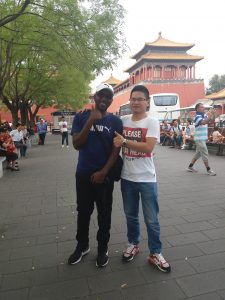On Friday 20 April 2018, the Faculty of Law at the University of Helsinki and the Finnish China Law Center will host the first-ever Nordic China Law Scholars Meeting.
The Meeting is being held as part of Nordic China Law Week 2018.
The purpose of the Meeting, which will be held between 09:00 – 11:00, is to provide a forum in which scholars can share their China law-related activities and plans, and explore forms and possibilities of inter-institutional collaboration at a general level.
There will also be discussion of Nordic-wide involvement in some events being organized by the Faculty of Law at the University of Helsinki and the Finnish China Law Center, including the 9th Bilateral Seminar on Comparative Law with the Chinese Academy of Social Sciences (CASS) (Beijing, September 2018 – exact date to be confirmed).
This round table discussion is open to those affiliated with universities or research institutions in the Nordic region whose research or teaching relates to the law and China (including Chinese law, comparative law involving China, and China’s engagement with international law).
Scholars who would like to pursue legal teaching or research involving China are also invited to attend.
While the meeting is intended for senior scholars, junior academics, including doctoral students, are warmly encouraged to join.
Professor Pia Letto-Vanamo, Dean of the Faculty of Law at the University of Helsinki, will chair the Meeting.
Tea and coffee will be served during the meeting, and a light lunch will follow.
Registering to attend
Those interested in attending the event are kindly asked to register, and indicate any dietary preferences/needs, through this electronic form:
https://elomake.helsinki.fi/lomakkeet/86596/lomake.html
The Meeting will be held in the Meeting Room of the Faculty of Law (P545), 5th floor of the Porthania Building (Yliopistonkatu 3, Helsinki).
Other events in Nordic China Law Week 2018
Those interested in Chinese law and legal culture are encouraged to join other events being held during Nordic China Law Week 2018.
Directly after the Meeting (from 12:15 to 13:45), legal scholar and judge Professor Alan Neal (Warwick University) will give a guest lecture, which participants at the Meeting are encouraged to attend.
Other events during the Week include:
Tuesday 17 April: Trade Governance of the Belt and Road Initiative: Economic Logic and Institutional Arrangements
Wednesday 18 April: Latest Developments in Chinese Intellectual Property Law
Wednesday 18 April: How Important is China’s Constitution in the Chinese Legal System?
Thursday 19 April: China Law Research Workshop
Monday 23 April: Seminar: What People Management Practices Work Best in China Today? Cultural and Legal Perspectives
Further questions and media inquiries
Questions about the Nordic China Law Scholars Meeting, and Nordic China Law Week 2018, can be directed at the Coordinator of the Finnish China Law Center, Stuart Mooney, at stuart.mooney (at) helsinki.fi.


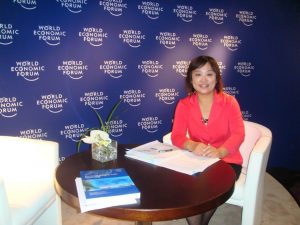


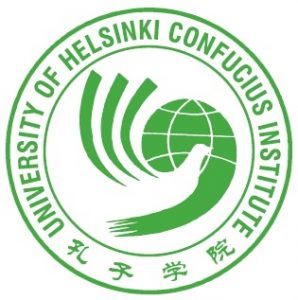
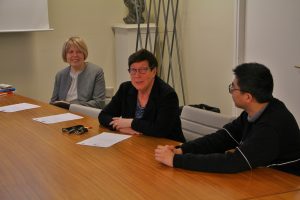
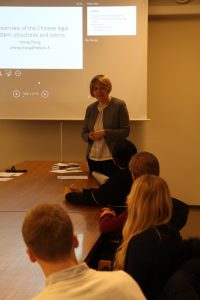

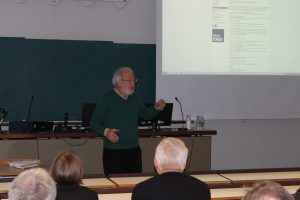
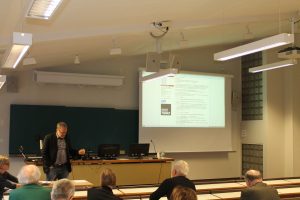
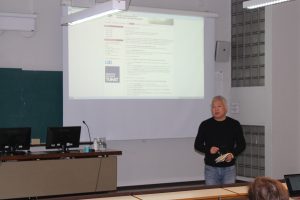
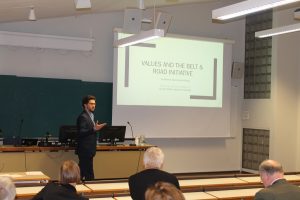

 Finnish China Law Center member institution, the
Finnish China Law Center member institution, the 

